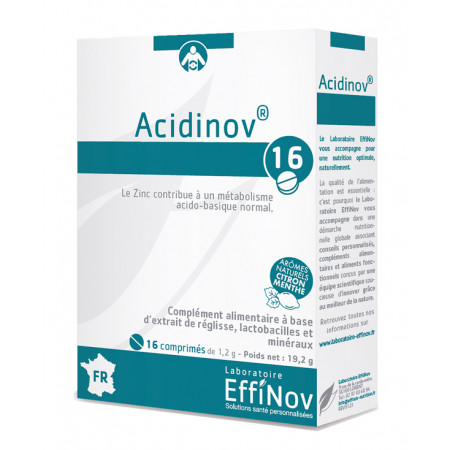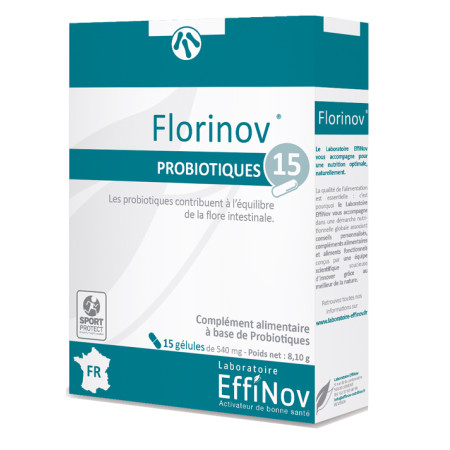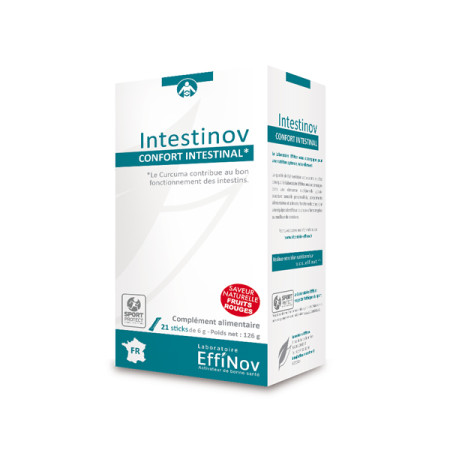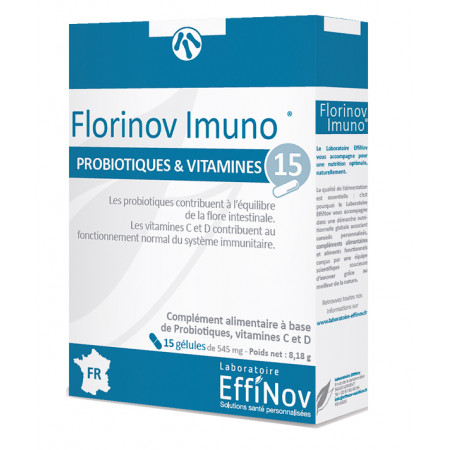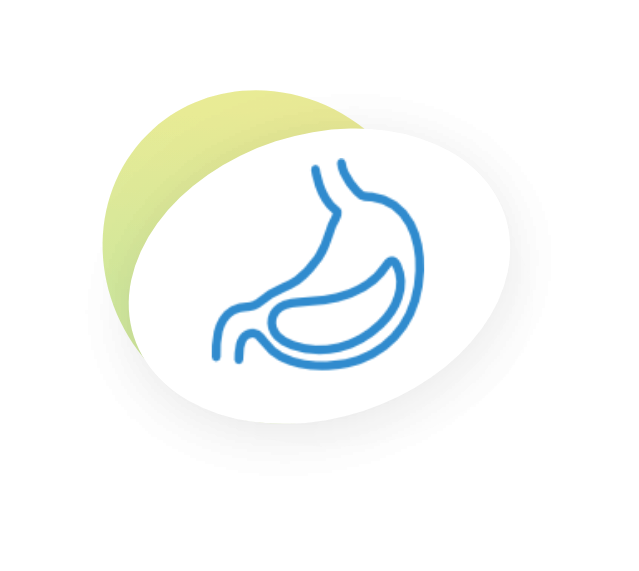

DIGESTIVE EQUILIBRIUM
Our dietary supplements
The integrity of the intestinal ecosystem is paramount. Find here all our products to ensure your digestive well-being.
Dietary supplements digestive equilibirium
YOUR NEEDS
Frequently asked questions
The digestive system is composed of several organs: the mouth, the esophagus, the stomach, the small intestine… and it is he who ensures digestion. The human digestive system is responsible for the mechanical and chemical transformation of food into nutrients so that they are absorbed by the body. But what are the different stages of digestion ?
- Step 1 : The mouth first segment of the digestive tract
Digestion begins from the mouth, with the chewing of food. In the mouth, food is transformed by a digestive enzyme called amylase. This is released by the salivary glands. Food is crushed and mixed with saliva. Thus, saliva moistens food and enzymes break down sugar and starch chains. The food bowl is then sent to the esophagus.
- Step 2 : Stomach digestion
Arrived in the stomach, the food bowl will be reduced in two different ways. First, mechanically, the wall of the stomach (made up of contraction muscles) will perform a stirring and grinding of food into smaller pieces. And chemically, the stomach will secrete an acid (hydrochloric acid) that destroys the wall of food cells, transforming them into a porridge degraded by gastric enzymes (eg pepsin).
- Step 3 : Digestion of the small intestine
With the arrival of food in the intestine, the gallbladder releases bile that promotes the digestion of fats. The porridge then travels through the small intestine. The substances contained in food, nutrients, will then pass through the blood vessels in order to supply all organs with energy and allow the proper functioning of the body.
- Step 4 : digestion of the colon
Undigested food passes through the large intestine or colon and is pushed out of the body at the anus.
Discover our digestion special complex ENZYMAE
After ingestion, begins a real journey for food! These will travel 6 to 8m from mouth to colon and undergo mechanical digestion and chemical digestion. On average, the digestion time is more or less 24 hours. This obviously depends on the assimilated foods but also on the age of the individual.
The complete cycle of digestion takes place in several stages :
1. Chewing lasts a few seconds, once ingested the food is crushed by the teeth and degraded by saliva and enzymes to form the food bowl.
2. Then the food goes down the 25 cm of the esophagus in less than 10s.
3. Mechanical and chemical digestion in the stomach lasts 3 to 4 hours. The meal is reduced to the state of porridge (chyme).
4. The chyme then passes into the small intestine, where it takes them 6 to 9 hours to travel 5 to 7m along the intestine. It is during this journey that nutrients are absorbed by the body.
5. Undigested food goes through the large intestine or colon for an additional 6-7 hours to complete its run in the rectum.
6. After about 6 hours in the rectum, stool is released.
All these stages accumulated, the duration of digestion of food after a meal is about 1-2 days.
Discover our digestion special complex ENZYMAE
Bloating, burning, nausea, spasms… Digestion is a complex process that can sometimes be stopped. But how to digest well ? Here are 5 tips to help you digest naturally :
- Eat Balanced : You will never be told enough, but to function the body needs a varied and reasonable intake of food (fruits, vegetables, meat, eggs, fish…). A balanced diet will help you digest better.
- Take time to eat : It is often forgotten but the mouth is the first organ of the digestive anatomy. Indeed, chewing is essential! It is therefore necessary to take the time to chew what you ingest to facilitate the work of the digestive tract.
- Increase fibre : The best sources of fibre are legumes (beans, lentils, chickpeas, peas, etc.), dried fruits (prunes, almonds, nuts, etc.), and whole grains (rice, pasta, bread, etc.).
- Select spices : Pepper, ginger and licorice are known to aid digestion and alleviate stomach pain. However, some spices such as chilli should be avoided because they can have an irritating effect on the digestive tract.
- Drink water : Water is very important for the body to function. Water facilitates digestion and stool evacuation.
Discover our digestion special complex ENZYMAE
Intestinal transit is the passage of food through the intestine (small intestine and colon). However, this passage is very complex and it happens that the transit is disrupted. In this case, food moves either too slowly (constipation) or too quickly (diarrhea). But which foods allow the proper functioning of the intestinal transit ?
Foods that promote intestinal transit :
- Vegetables : beans, lentils, chickpeas… These vegetables all have one thing in common, they are rich in fibre. Thanks to fiber, vegetables increase the volume of the food bowl and help soften the stool.
- Fruits : Apples, blackcurrants, strawberries, prunes, almonds, nuts, etc. This is a multitude of anti-constipation fruits. The fibers they provide «feed» the good intestinal flora. Particular mention for the prune which in addition to being rich in fiber, also contains molecules that stimulate the contractions of the intestine.
- Whole grains : Whole grains also have a natural laxative effect. Rich in insoluble fibers, they have the particularity of absorbing water and thus accelerating transit. So bet on brown rice, brown bread, bran or oats!
Foods that slow down intestinal transit :
- White rice : Unlike brown rice, white rice is a low fibre food. White rice is therefore one of the foods that slow down transit.
- Meat : Promotes constipation and recurrent intestinal pain. Red meat is not recommended during diarrhea because it is slower to digest than other foods.
- Bananas : It is mostly immature bananas that slow down transit. Even if the banana is a fruit, it has the property of absorbing water and is therefore not recommended in case of diarrhea.
Did you know ? Probiotics participate in the overall rebalancing of your intestinal flora and help fight against transit disorders (diarrhea, constipation)
Discover our intestinal transit complexes : For adults (FLORINOV) as for children (TY FLORI)


